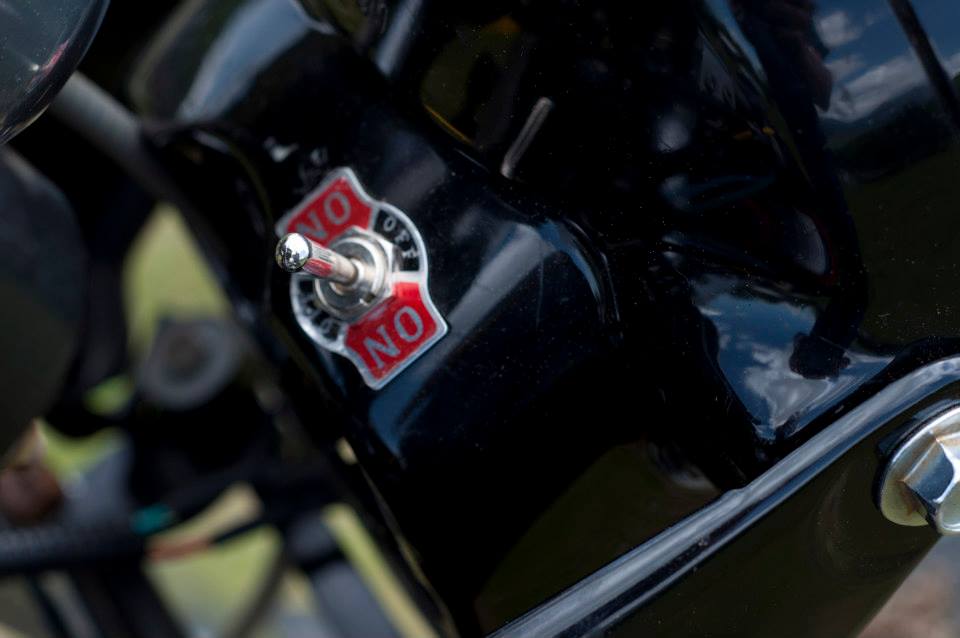The Maker community was rocked last week with the news of TechShop’s closing. It was a sad day for many – especially for those whose lives were profoundly changed by the innovative makerspace.
TechShop is a for-profit makerspace that had 10 facilities across the country. We’ve often referred to TechShop as a proven model, and a reference point for building our own makerspace. Does this closing change our ideas or our model? Not really.
With any company like TechShop, there are lessons to be learned. In CEO Dan Woods’ words: “In hindsight, we invested too many years and too many dollars trying to prop up the wrong business model.” From his announcement:
“As we examine our success, we must also examine our failures. A for-profit network of wholly owned makerspaces is impossible to sustain without outside subsidy from cities, companies, and foundations, often in the form of memberships, training grants, and sponsored programs. This kind of funding is readily available to non-profits, and very rarely an option for for-profit enterprises.”
They attempted a pivot: the goal of TechShop 2.0 was to help non-profits, corporations, and universities launch and operate their own makerspaces. It was too little, and too late.
Interestingly, several of the comments Dan made in the statement belied what we feel are the keys to a more viable model.
“…the very first TechShop location in Menlo Park. It was a scrappy space filled with used equipment and wildly creative makers.” One of the biggest takeaways from our visit to the Artisan’s Asylum a few weeks ago is that it’s a “co-op” at it’s very core. The face of the Artisan’s Asylum is the member volunteers who keep the place running. It doesn’t belong to the staff or management, it’s truly a co-operative organization. When asked how they manage the volunteer staff, the guide simply answered “it manages itself, for the most part”. Volunteers get breaks on various fees and services, but at the core, they’re doing it because they believe in the community and want to help make it work. Their core guiding principle? “Don’t be an asshole”.
Can this sort of a community be built within a for-profit framework? We don’t think so, and it seems that the TechShop trajectory proves that out.
Even the very first TechShop, for all it’s “scrappy” personality, was funded by several million dollars. Our first tool-up expense projection is more like $250,000 with another $100,000 for build-out to get a basic working, well equipped shop, and that’s assuming all-new equipment without considering used or donated tools. Those kinds of numbers are a lot easier to pay back. When you consider TechShop had 10 locations, that multiplies out to a hole of a huge load of cash.
Going back to the statement quoted above, “A for-profit network of wholly owned makerspaces is impossible to sustain without outside subsidy from cities, companies, and foundations, often in the form of memberships, training grants, and sponsored programs.” This is our main motivation for creating a makerspace as a non-profit 501(c)3 corporation. Donations from individuals are tax-deductable. Grants, loans and awards are available that aren’t to a for-profit corporation. Corporations are more motivated to donate. More importantly, working to build The Brickyard Collaborative isn’t about building profits. It’s about building a vision.
There were a few nuggets of inspiration from Dan’s release as well.
“As a veteran myself, I’m proud to say that TechShop also provided membership and training to over three thousand returning veterans. This program enabled veterans to develop skills and experience — preparing them for jobs in advanced manufacturing and helping dozens of vets to launch their own companies.”
Retraining for veterans, as well as retired and laid-off workers from Lynn and the surrounding communities is a huge focus for us. The fact that Woods makes reference to this accomplishment here is really encouraging, and suggests we’re not off-target.
Read the whole statement here, on Make:zine.
Does this closing give us more information on what works, what doesn’t and how to build a successful makerspace? You bet. Does it shake our resolve, or make us rethink the effort? Not for a minute. If anything, it gives us some assurance that we’re putting together a plan that can work: a non-profit co-operative with a core of solid community involvement, modest and realistic funding goals and an aggressive effort to pursue grant, sponsorship and donation funding.
…and you can be sure we’ll be following the story as more people weigh in on what happened at TechShop.
Keep building, keep making! Play nice and clean up after yourselves!
